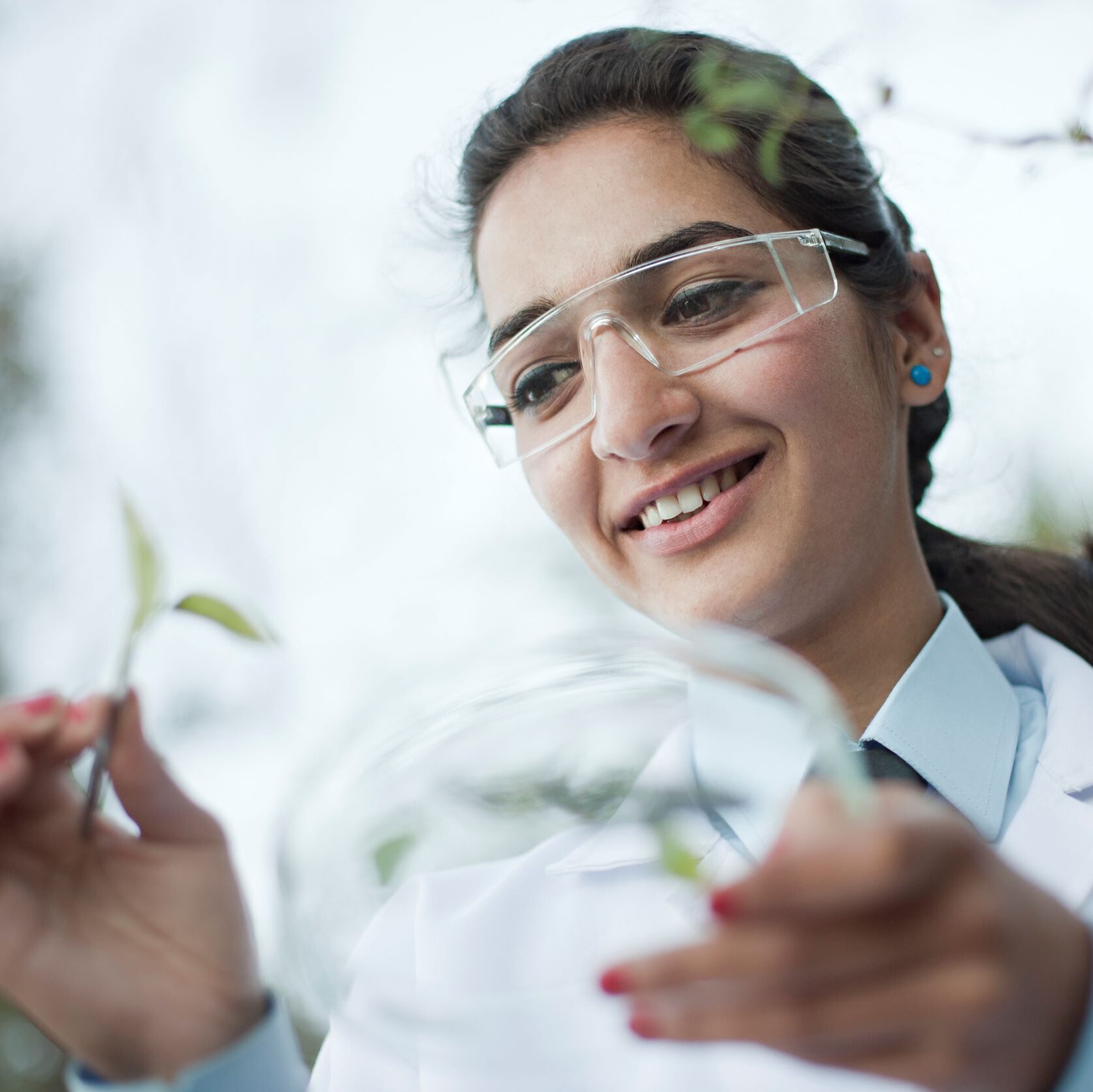Posted March 10, 2022
Market Insights from Sweef Capital – Food sector – January 2022
In this market insights report, we explore how empowering women in the economy and closing gender gaps in the workforce are key levers for achieving global goals relating to more sustainable food production and consumption, which in turn would be a key part of the solution to our environmental and climate challenges.
Food and agriculture affect our capacity to meet all of the United Nations Sustainable Development Goals. We cannot feed the world without agriculture yet where and how we produce food is one of the biggest human-caused threats to biodiversity and our ecosystems. More than 800 million people in the world are hungry, two billion people are suffering from micronutrient deficiencies and 2 billion people are overweight or obese.
Food systems are facing and contributing to– complex environmental challenges and effects of climate change, environmental degradation, and biodiversity loss. Food production is also a major polluter of air and water (both freshwater and oceans); the largest consumer of water worldwide, accounting for around 75 percent of all freshwater use; and a leading source of greenhouse gas (GHG) emissions, generating around one-third of global anthropogenic GHG emissions.

Women are central actors in the food production system and key drivers of consumer decision-making around food consumption. They are more likely to face chronic hunger and food insecurity, make up ~one-third of the agricultural workforce globally and over 50% of the workforce in low-income countries and control a significant proportion of household spending, which they are more likely to invest in the well-being of their families.
Transforming food systems to provide more nutritious and affordable food and become more efficient, resilient, inclusive, and sustainable is a key part of the solution. Empowering women in the economy and closing gender gaps in the workforce are key levers for achieving global goals relating to more sustainable food production and consumption.
Download the full report in PDF from link below.
Download full report

